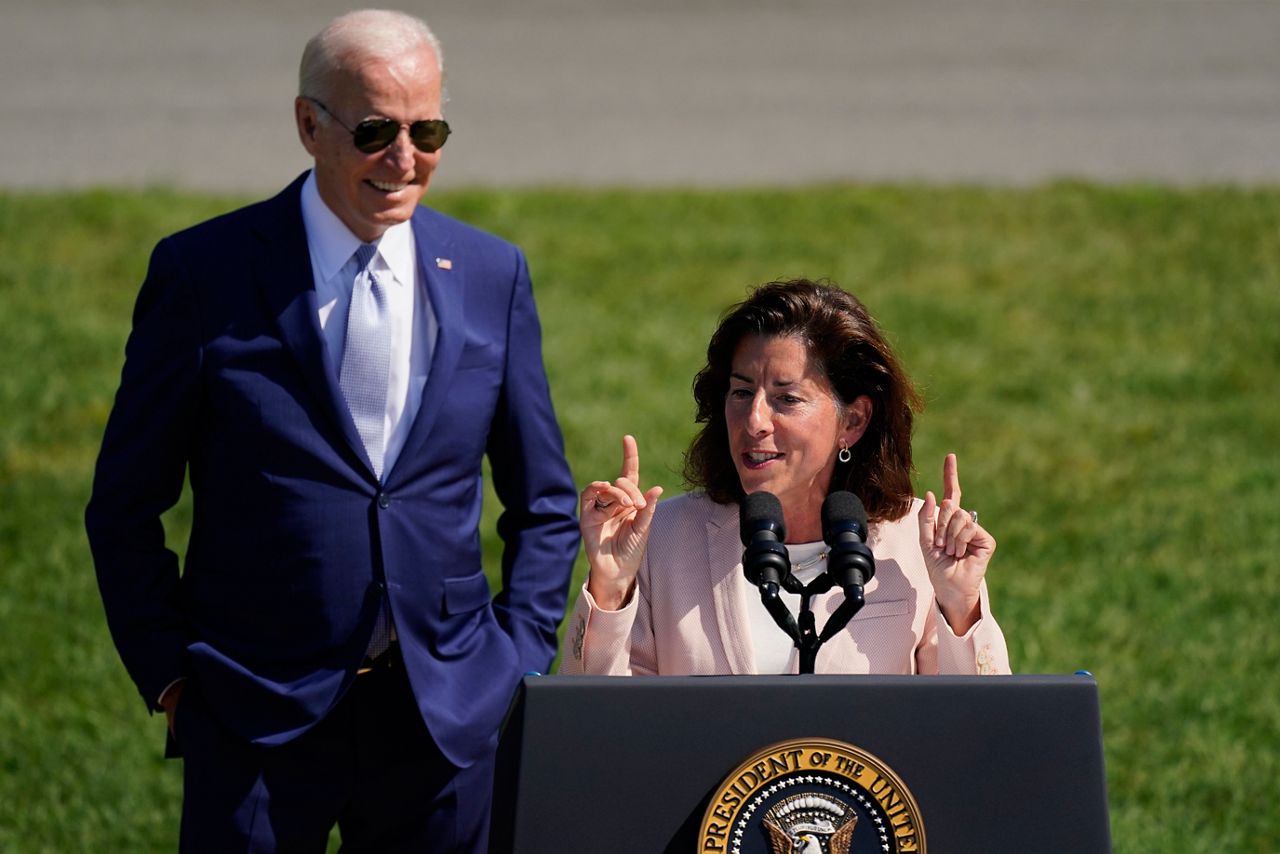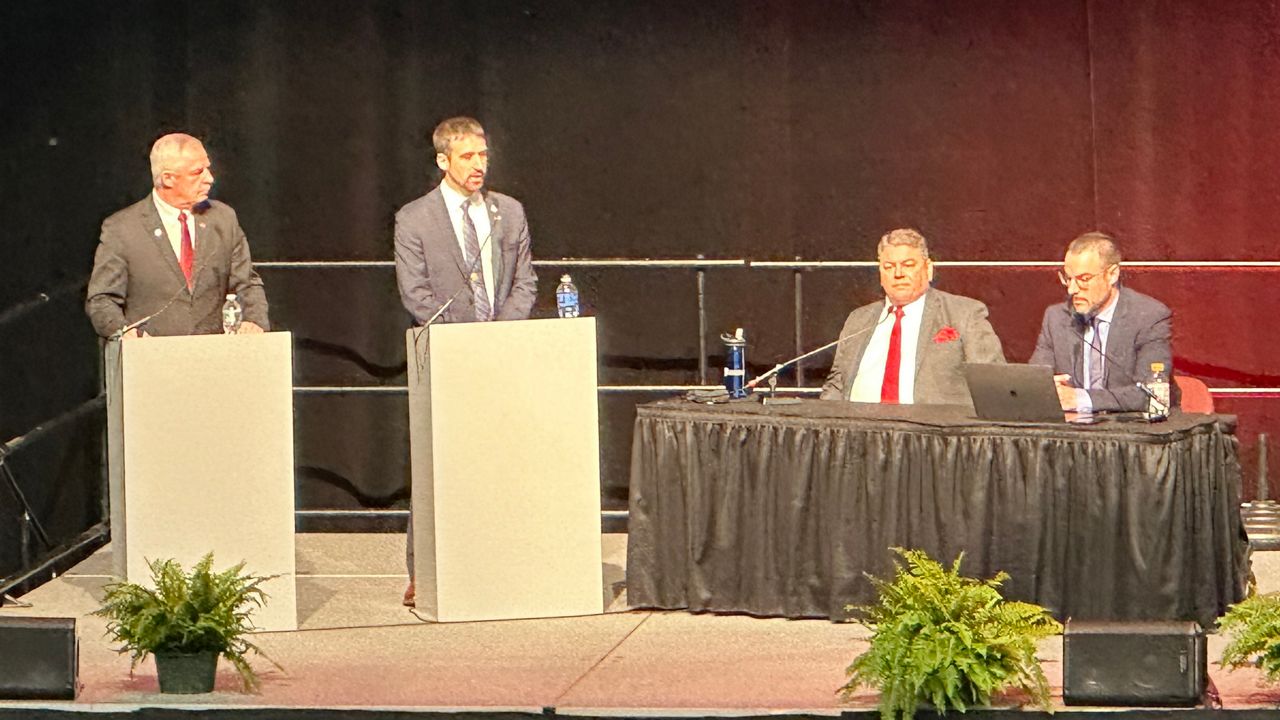Maine is one 32 states plus Puerto Rico that will have a new technology hub designated by the Biden administration to help spur innovation and create jobs.
As a result, Maine's Forest Bioproducts Advanced Manufacturing Tech Hub is now designated as a federal Tech Hub.
“The designation acknowledges that Maine’s forest bioproducts sector has the potential for rapid growth and opens the door for significant federal investment in the future,” according to a news release from Gov. Janet Mills.
The Forest Bioproducts Tech Hub will research and develop wood fiber bioproducts that can “sequester carbon and replace plastics and toxic chemicals,” according to the release.
The hub was proposed by the Mills administration and Maine Technology Institute, which partnered with more than 30 entities including the University of Maine, the Roux Institute, the Maine Community College System, Sappi, IDEXX, Thornton Tomasetti, FOR/Maine and the AFL-CIO and the Maine Venture Fund, among others.
“Maine’s forest products sector is a key part of our state’s heritage and a cornerstone of our economic future,” Mills said. “This exciting designation signifies to the world that Maine is a global leader in developing and manufacturing climate-friendly, sustainable products that create jobs and strengthen the U.S. supply chain.”
The initiative is expected to be an environmentally-friendly way to bolster Maine’s rural economy
The Maine Tech Hub consortium will receive a Tech Hubs Strategy Grant to facilitate the initiative. Also, the hub’s federal designation allows it to apply for $50-$75 million in future federal funding.
"I have to say, in my entire career in public service, I have never seen as much interest in any initiative than this one," Commerce Secretary Gina Raimondo told reporters during a Sunday conference call to preview the announcement. Her department received 400 applications, she said.
"No matter where I go or who I meet with — CEOs, governors, senators, congresspeople, university presidents — everyone wants to tell me about their application and how excited they are," said Raimondo.
The tech hubs are the result of a process Raimondo's department launched in May to distribute a total of $500 million in grants to cities.
The $500 million came from a $10 billion authorization in last year's CHIPS and Science Act to stimulate investments in new technologies such as artificial intelligence, quantum computing and biotech. It's an attempt to expand tech investment that is largely concentrated around a few U.S. cities — Austin, Texas; Boston; New York; San Francisco; and Seattle — to the rest of the country.
The program, formally the Regional Technology and Innovation Hub Program, ties into the president's economic argument that people should be able to find good jobs where they live and that opportunity should be spread across the country, rather than be concentrated. The White House has sought to elevate that message and highlight Biden's related policies as the Democratic president undertakes his 2024 reelection bid.
"These Tech Hubs will catalyze investment in technologies critical to economic growth, national security, and job creation, and will help communities across the country become centers of innovation critical to American competitiveness," the White House said Monday in an emailed statement.
Aside from Maine, the tech hubs reach Oklahoma, Rhode Island, Massachusetts, Montana, Colorado, Illinois, Indiana, Wisconsin, Virginia, New Hampshire, Missouri, Kansas, Maryland, Alabama, Pennsylvania, Delaware, New Jersey, Minnesota, Louisiana, Idaho, Wyoming, South Carolina, Georgia, Florida, New York, Nevada, Missouri, Oregon, Vermont, Ohio, Washington and Puerto Rico.
With reporting by the Associated Press.









)